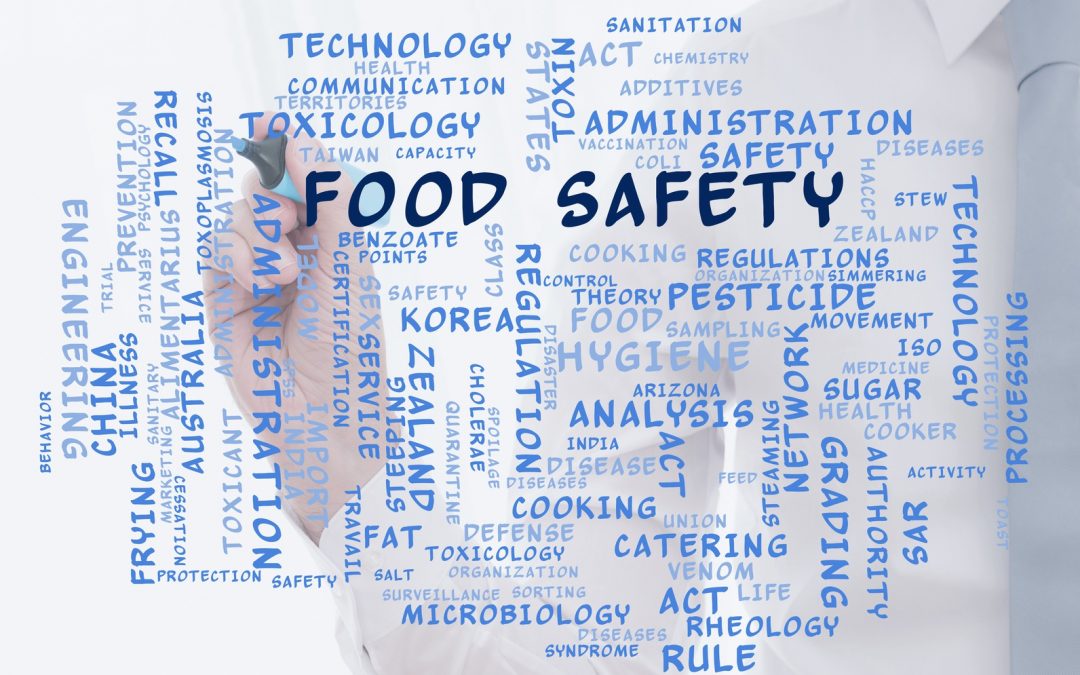Getting a food safety plan in place can be a difficult task requiring many weeks of work and research.
It can be even more challenging to implement the plan in your bakery. At Flexibake, we have found often the best food safety programs fail because staff don’t care about the plan or they see it as nuisance. To ensure that your food safety plan is being properly implemented, you should look at a number of different approaches.
Team Food Safety Approach
One of the most effective ways to implement internal protocols and procedures is to use a team approach. This team should consist of at least one representative from each of the departments in the bakery that will be involved in the implementation process. This includes, but is not limited to: the owner, managers, assistants, operations managers, labourers, and other individuals who might be actively involved in production. Although managers are responsible for designing the system, implementation involves the effort and commitment of every employee. Proper training for managers and employees in their respective roles is crucial to the success of your food safety management system.
Incentives Food Safety Approach
Everyone likes an incentive; and in the food production industry, it’s no different. Incentives, in this case, would be used to encourage staff members to carefully monitor food safety. For example, staff in each department would be given food safety goals for a defined period of time. Goals that are met are awarded bonuses to the entire department, whereas food safety violations reduce them. This can also be offered in the form of non-financial incentives which, in some cases, can be more effective than financial ones. A study from McKinsey & Company looked at global executives, managers, and employees from a range of sectors and found that some non-financial incentives were more effective motivators than the three highest-rated financial incentives (McKinsey, 2009). Praise and communication from an immediate manager, attention from leaders, and opportunities to lead projects or task forces far outpaced financial incentives.
Management System Food Safety Approach
In your day-to-day operations there are a number of important details that need to be tracked and managed. For most food and beverage manufacturers, keeping all of this data organized can be difficult. Production staff need to keep track of expiration dates, batch numbers, receiving slips, lot numbers, certificates, and many more to prevent a product recall. This is why implementing an ERP (Enterprise Resource Planning) system is so important. ERP solutions store that information in one database, giving businesses a simplified look at how all their systems are running. By tying critical data from all parts of a company into one easy-to-understand database, business owners are able to quickly identify areas of strength, as well as spot looming problems before they reach a critical stage. When used properly, the software should provide a better map for future planning. ERP systems are typically used in all areas of the business so that production staff can input data as it comes in and managers can make decisions at the click of a button.
Related Article: What Smooth ERP Implementation Looks Like
Training Approach
You might be asking yourself, who should we be training? The short answer is: everyone. From the entry-level worker to senior management, food safety is everyone’s job. All employees contribute to the manufacture of safe food. Training should be done by qualified staff; allowing employees to pick up on personnel practices from their coworkers could increase the chance of creating bad habits in the plant. During new employee training, emphasize your company’s dedication to food safety. Doing this will tell your newly hired employee that food safety is a requirement and not an option.
Related Article: Why Choose On-Site Training?
When training employees, you need to work with them. Make your training sessions fun and interactive, be lighthearted when appropriate but serious when necessary. Training is an ongoing process in a food manufacturing plant. Changes to your plant and process can quickly compromise your food safety program. You may need to provide additional training when new machinery or processes are introduced. The best way to get your employees to adopt your food safety plan is to have someone come on site to explain the benefits of properly executed food safety plan Check out our on-site training programs here.

